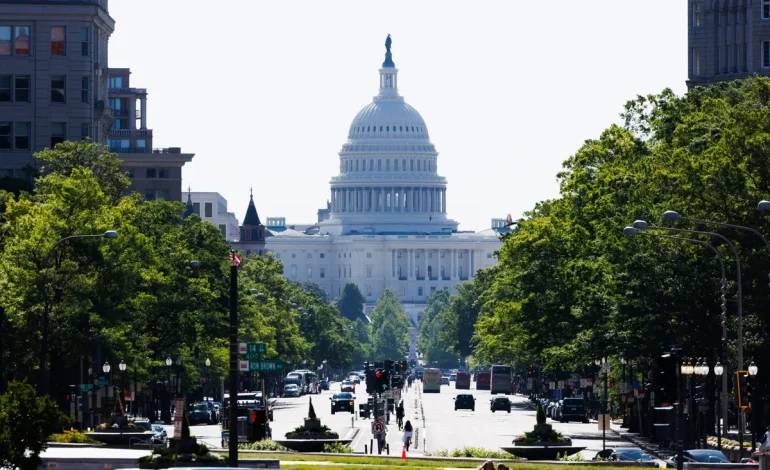A provision in a recent US tax proposal is drawing concern from financial analysts and congressional advisors, who warn it could deter foreign investment in American markets.
The measure, known as Section 899, is part of a broader fiscal package backed by former President Donald Trump and passed by the House of Representatives last week.
Section 899 would raise taxes on passive income—such as interest and dividends—earned in the United States by individuals and corporations from countries whose tax practices are deemed “discriminatory” by the US government. These retaliatory rates could climb to as much as 20 percentage points above the statutory rate, potentially affecting foreign investors with significant holdings in US assets.
The Joint Committee on Taxation (JCT), Congress’s official nonpartisan budget scorekeeper, estimates the measure could generate $116.3 billion over the next decade. However, the committee also projects a decline in revenue from 2028 onward, eventually leading to annual revenue losses of nearly $13 billion by 2034. This decline would result from reduced investment flows, compliance costs, and shrinking asset values as foreign demand weakens.
In a statement, JCT Chief of Staff Thomas Barthold noted that the expected drop in profitability for foreign-headquartered companies and lower demand for US assets would outweigh the short-term tax revenues from the measure in the later years of the 10-year budget window.
While market reaction has so far been subdued, some analysts warn of long-term consequences. Wall Street strategists suggest the provision could amplify existing concerns about the reliability of US fiscal policy, particularly in light of recent credit rating downgrades, a weaker dollar, and rising Treasury yields.
Foreign investors currently hold approximately $31 trillion in US long-term securities, including nearly a third of the $29 trillion in outstanding Treasury debt. As the US continues to rely on foreign capital to finance its growing fiscal deficit, any disincentives to overseas investment may have significant implications.
Supporters of the measure argue it serves as a deterrent to foreign governments seeking to impose what they see as unfair tax burdens on US companies. House Ways and Means Committee Chairman Jason Smith (R-Mo.), whose committee drafted the tax provisions, described Section 899 as a safeguard against foreign tax regimes that, in his view, are targeting American firms for revenue.
“This is a way to help put them in check so that they understand if they do that to US businesses, there will be consequences,” Smith said at the Reagan National Economic Forum.
He added that the hope is the provision would never need to be enforced but would serve as a strategic warning.
Critics, however, argue the measure risks unsettling international investors at a time when confidence in US economic leadership is already strained. Nigel Green, CEO of deVere Group, a global financial advisory firm, said:
“If Washington wants to repel foreign investment into America, this is exactly how to do it.”










The latest news in your social feeds
Subscribe to our social media platforms to stay tuned